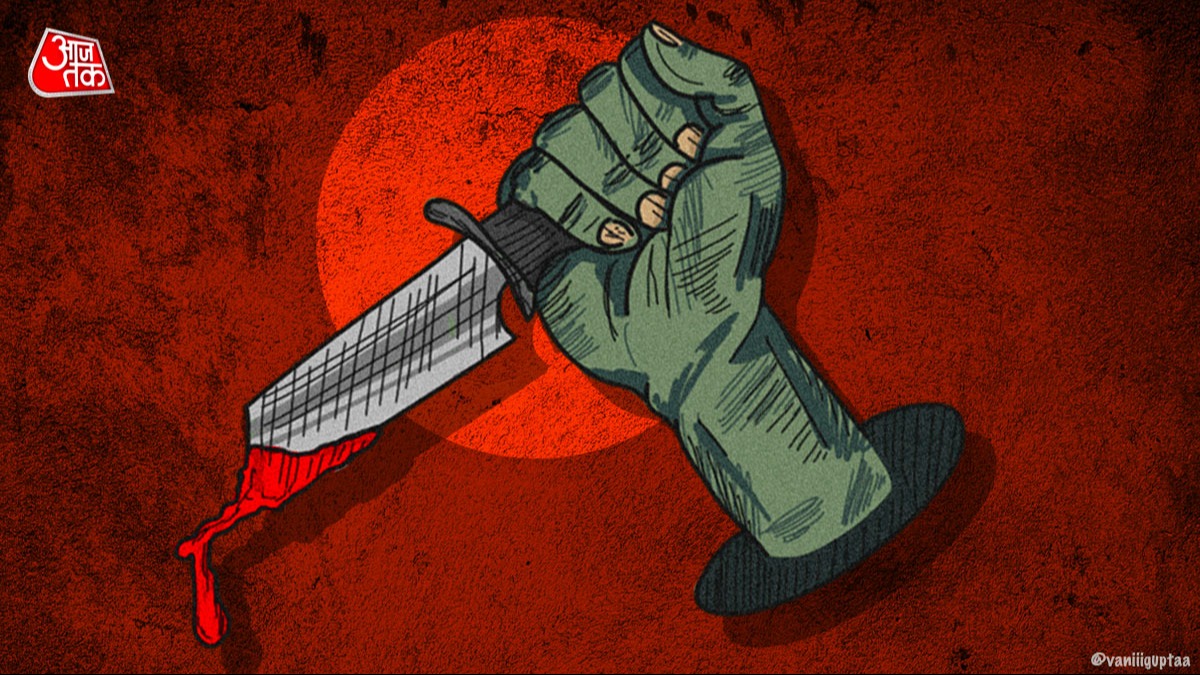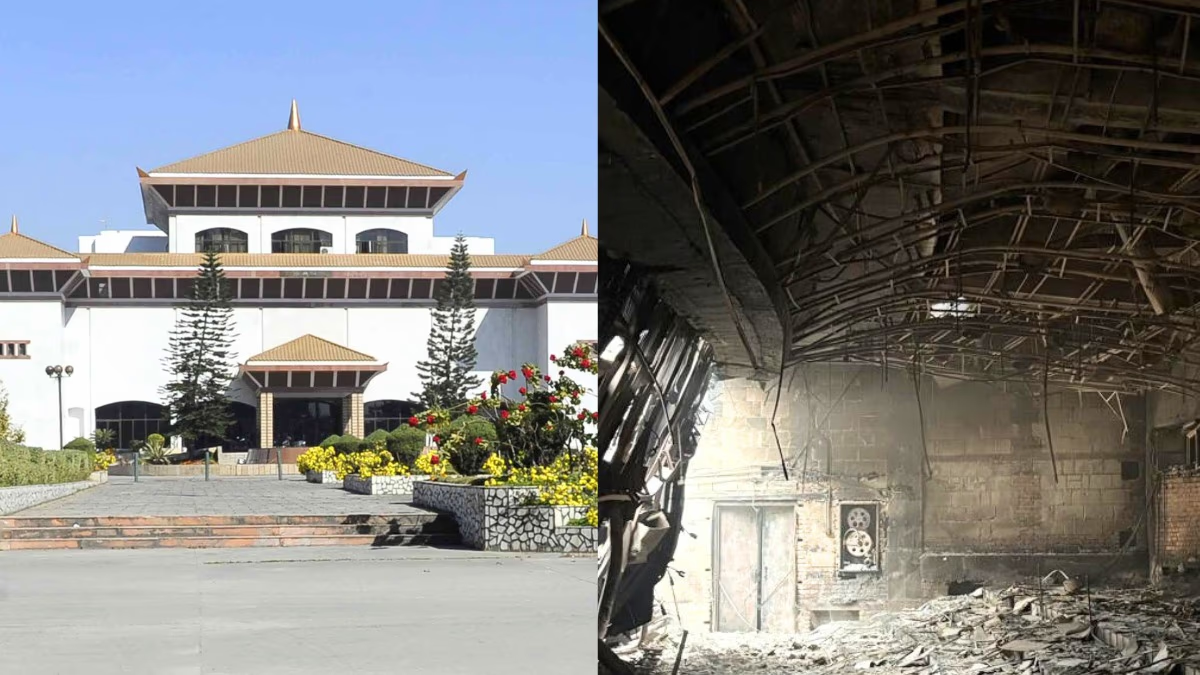Madrasa Teacher Murder Case:
The Sessions Court in Kerala's Kasargod has acquitted three RSS activists accused of murdering a madrasa teacher. The teacher was killed within a mosque in 2017. The trio from Kelugude were detained since the shocking crime.
The three accused were incarcerated
Following a lengthy trial, Judge KK Balakrishnan of the Kasargod's Principal Sessions Court acquitted the accused Akhilesh, Nidhin, and Ajeesh. They have been imprisoned since the haunting murder of the madrasa teacher.
A drenched body found in the room
In this chilling event, the 34-year-old madrasa teacher Mohammad Riyaz Maulvi was tragically targeted. Maulvi was also a Mu'azzin, who performs the Islamic call to prayer. His blood-soaked body was discovered in a room of the mosque on March 20, 2017. According to the police, that's where his murder occurred.
Maulvi's murder was a grisly act
Police revealed that the killers, who infiltrated the premises of the Choori Muhayuddin Jama Mosque, savagely slashed the teacher's throat with a sharp instrument, leading to his painful death.
Prosecution failed to prove hostility
The court stated that the prosecution could not establish the accused's animosity towards the Muslim community. Moreover, the legal authority mentioned that the prosecution couldn't connect the accused with RSS conclusively.
Doubts raised about investigative methods
The Sessions Court noted that analyzing phones seized from the accused and witnesses yielded no results. This failure in processing phone content and data casts serious doubt on the investigative approach used, according to the court's order. It revealed that the prosecution squandered one of the best opportunities to find out who the deceased had been in contact with.
Accused entitled to the benefit of the doubt
The court stated that in this case, silence is enough to dismiss the prosecution's allegations. Thus, it could safely be concluded that the investigation was not up to standard or biased. Consequently, the accused are entitled to the benefit of doubt, as they did not prove the offense beyond reasonable doubt. Hence, the prosecution failed to prove that the victim was murdered by the accused.
Prosecution disappointed with the verdict
The court thus ruled that the crimes under IPC Sections 449, 302, 153A, 295, 201 r/w 34 were not proven beyond a reasonable doubt. Meanwhile, the prosecution expressed disappointment with the verdict and suggested they would appeal against the order.
Maulvi's blood found on accused's clothing
According to PTI, the prosecutor in the case asserted there was substantial evidence. Maulvi's blood was discovered on the clothing of one of the accused. A fragment of Maulvi's clothes was found on a knife used by the accused. All evidence had been submitted. The court examined 97 witnesses, 215 documents, and 45 physical pieces of evidence and filed a charge sheet within 90 days of the incident.
The widow of the deceased wept in court
During the trial, the widow of Mohammad Riyaz Maulvi was present in the court. She burst into tears before the media when the verdict was declared, expressing her disappointment with the court's decision. The victim's family members asserted they had never anticipated such a verdict in the case.
Killer sought to incite communal unrest
Over the past seven years, the accused were never granted bail. They had no known connection to the Maulvi. Even the police charge sheet clearly states that the murder was an attempt to create communal unrest in the area. A relative of the deceased told reporters that the accused were trying to spread communal tension in the region according to the charge sheet and remand reports.




